WEF 2019: Where global interdependence goes from here
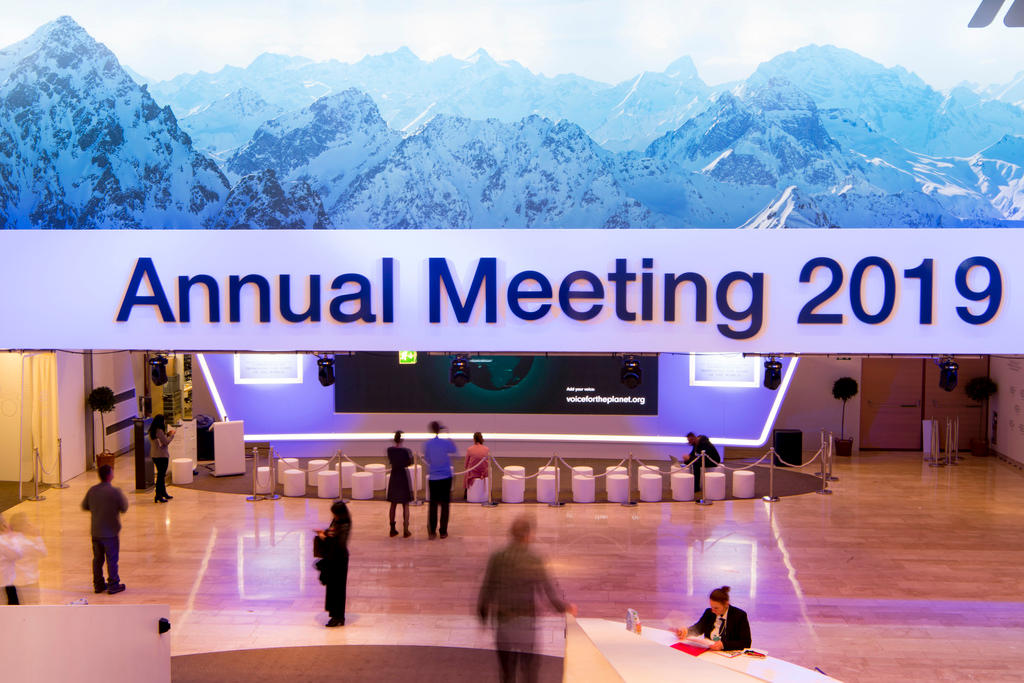
Issues surrounding the networked world - so-called “Globalisation 4.0” - will top the agenda at this year’s edition of the World Economic Forum in Davos. What does that mean for Switzerland’s companies and its place on the global stage?
International interactions among people, businesses and governments must become more inclusive and sustainable, says WEF Executive Chairman Klaus Schwab, adding that “We have to look after the losers, after those who have been left behind.”
Meeting in snowy Davos, says Schwab, creates an opportunity for global leaders to step back from the daily grind of crisis management to set priorities, harness future opportunities and mitigate threats. How can the world aspire to sustainable progress in an era where disruptive technologies such as artificial intelligence are fundamentally transforming how economies, business, societies and governments function, creating new winners and losers?
With protectionism on the rise in many parts of the globe, the stakes are high not only for countries but also companies. Half of the 3,000 or so participants gathering in Davos hail from the business world. Among them will be Swiss companies from a wide range of sectors that are both at the front lines of the global search for solutions and at the heart of the problem.
Who’s headed to WEF?
More than 65 heads of state, including Swiss President Ueli Maurer, will attend the four-day Forum starting January 22. Brazil’s new President Jair Bolsonaro and Chinese Vice President Wang Qisham will attend, but the United States and French heads of state will be absent, both dealing with issues at home.
The main theme for WEF 2019 is “Globalization 4.0: Shaping a New Architecture in the Age of the Fourth Industrial Revolution.” Since Switzerland is home to 25,000 foreign and Swiss multinationals, our coverage will focus on what that means for big corporations in the following three areas:
1. Food and technology
How do we feed the rapidly expanding population of our planet without destroying it? By 2050, Earth will be home to nearly 10 billion people. Feeding them will require a 70% increase in food production, according to WEF. Can Swiss-based agribusiness companies like Syngenta face the challenge of maximising food production without aggravating deforestation or endangering our health? Are alternative proteins the way forward?
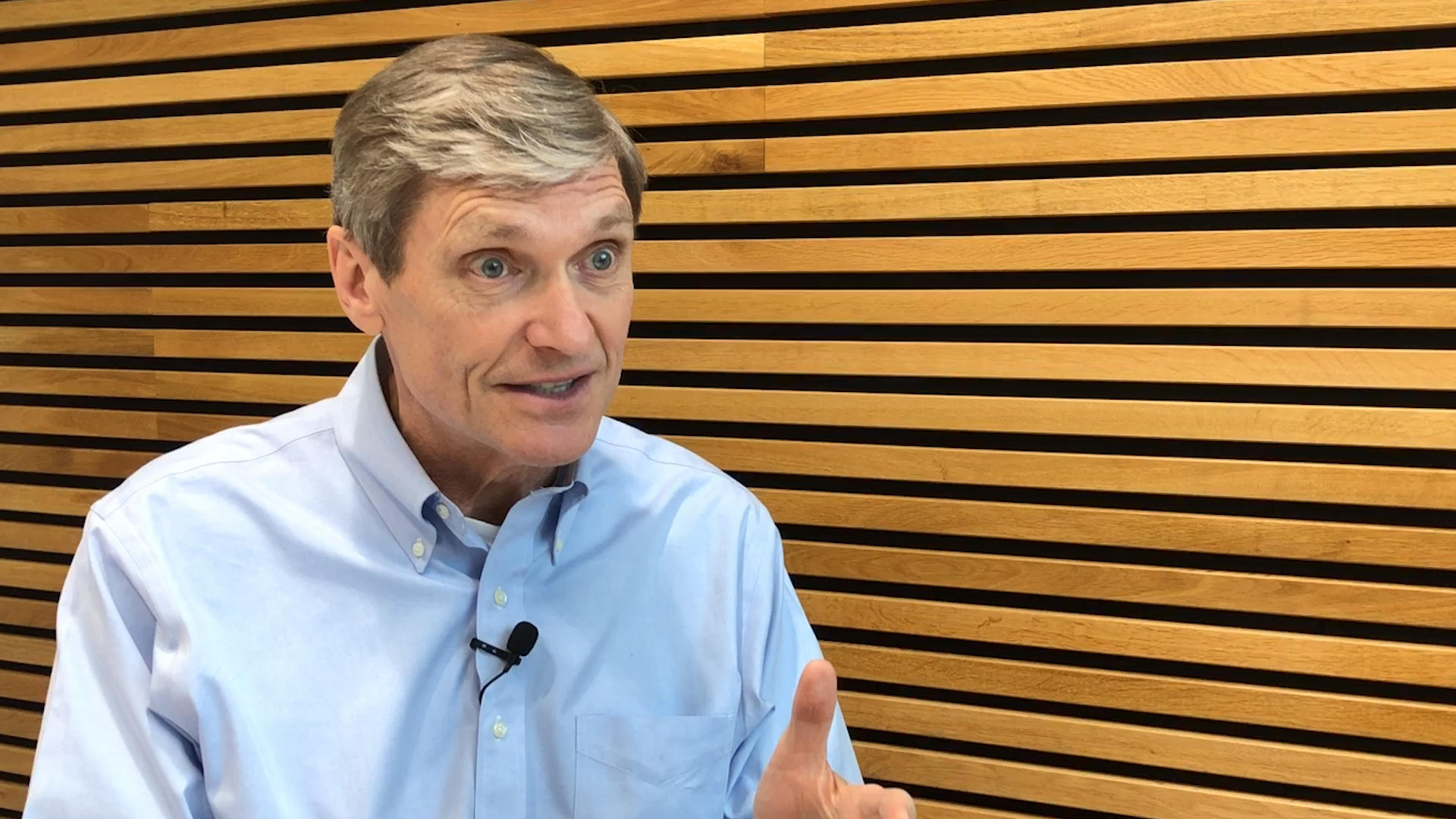
More
Interview with Syngenta CEO, Erik Fyrwald
2. Narrowing the gender gap
New Zealand’s Prime Minister Jacinda Ardern will be at WEF for the first time along with veterans like German Chancellor Angela Merkel and Christine Lagarde, managing director of the International Monetary Fund (IMF). Saadia Zahidi, head of social and economic agendas at WEF, notes that less than a quarter of this year’s WEF attendees are women despite efforts by her team to increase female participation.
“That is nowhere near sufficient representation,” Zahidi says. “The fundamental issue is that the pipeline to leadership is currently broken.”
What lessons can women leaders from around the world offer Switzerland, which didn’t even make the top ten in the WEF gender parity ranking?
3. Digitisation in health
We’ll explore how technologies from wearable fitness trackers to genetic sequencing are transforming business models in the pharmaceutical industry. Large Swiss pharmaceutical companies like Roche and Novartis are increasingly gathering and analysing large swaths of data to personalise treatment to a person’s unique “biomarkers” and make clinical trials more efficient. Big pharma executives claim that this puts people at the centre of healthcare. But, what does this mean for data privacy and how do we ensure these discoveries will benefit those who need them most?
Globalisation is also a critical issue for host country Switzerland, which ranks among the countries most affected by the phenomenon.
Sebastian Buckup, head of programming for WEF, recently shared his perspective on what “Globalisation 4.0” heralds for Switzerland:
For more from the Forum as it happens, follow @swissinfo_en and our journalists @jpluess and @dsoguel. Check out our full coverage here.

In compliance with the JTI standards
More: SWI swissinfo.ch certified by the Journalism Trust Initiative










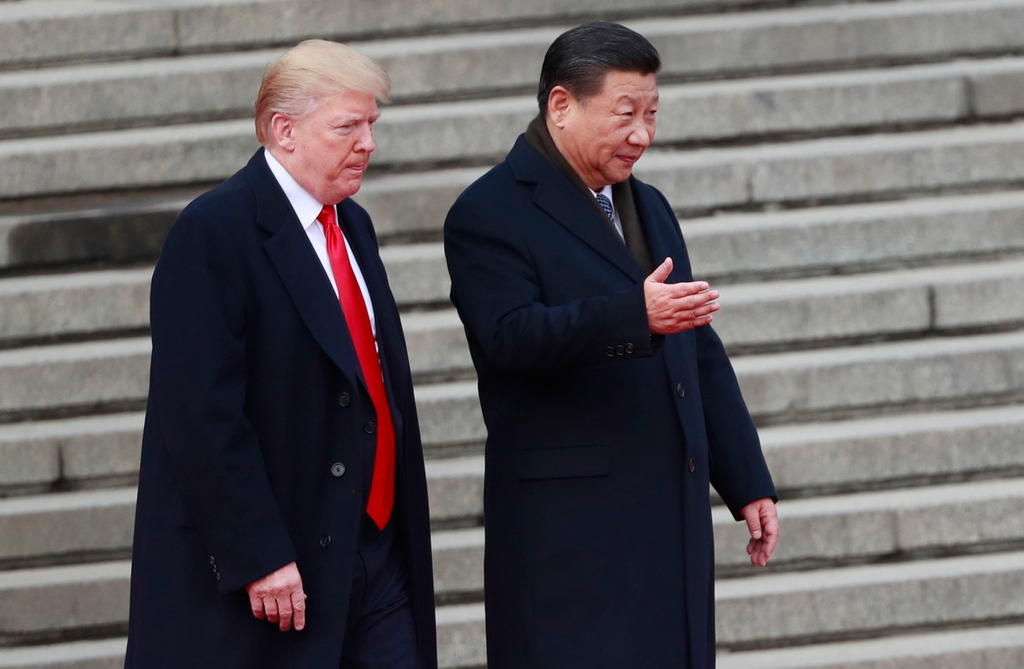
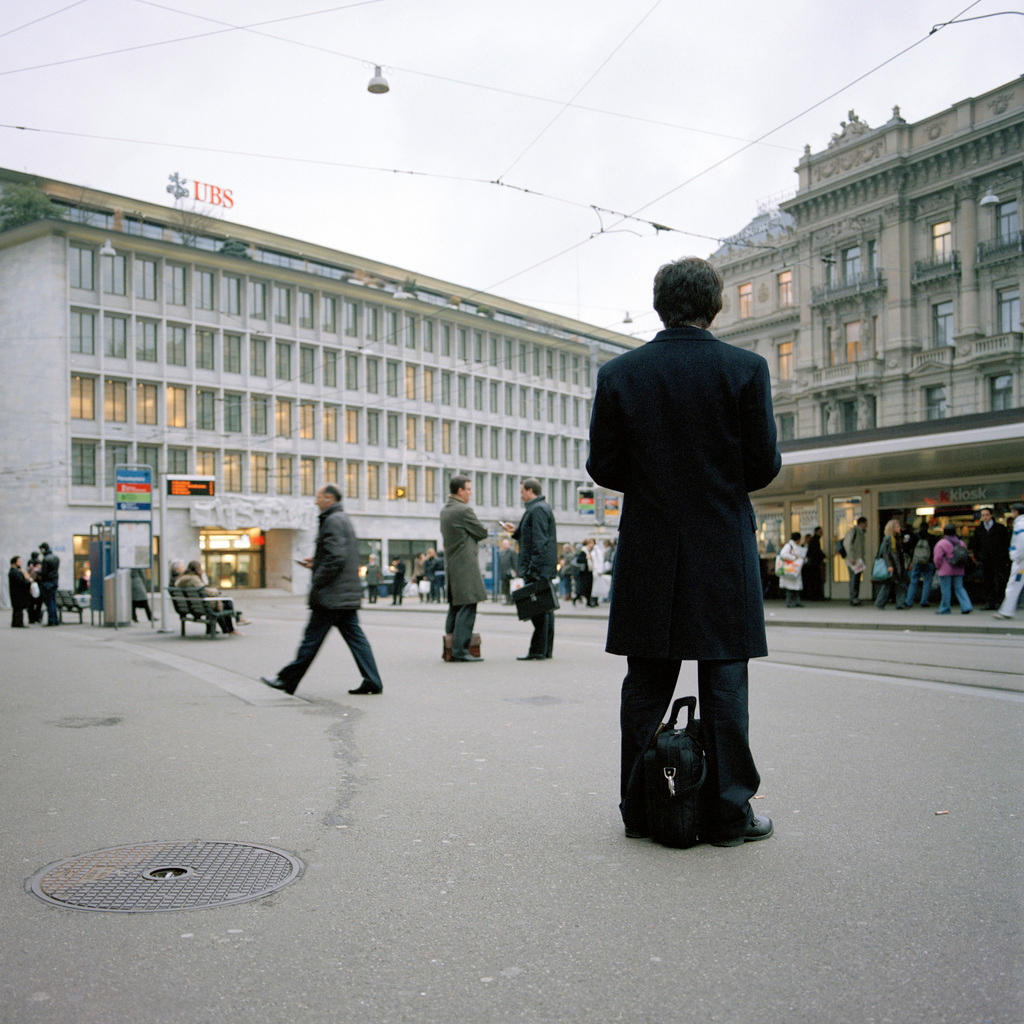


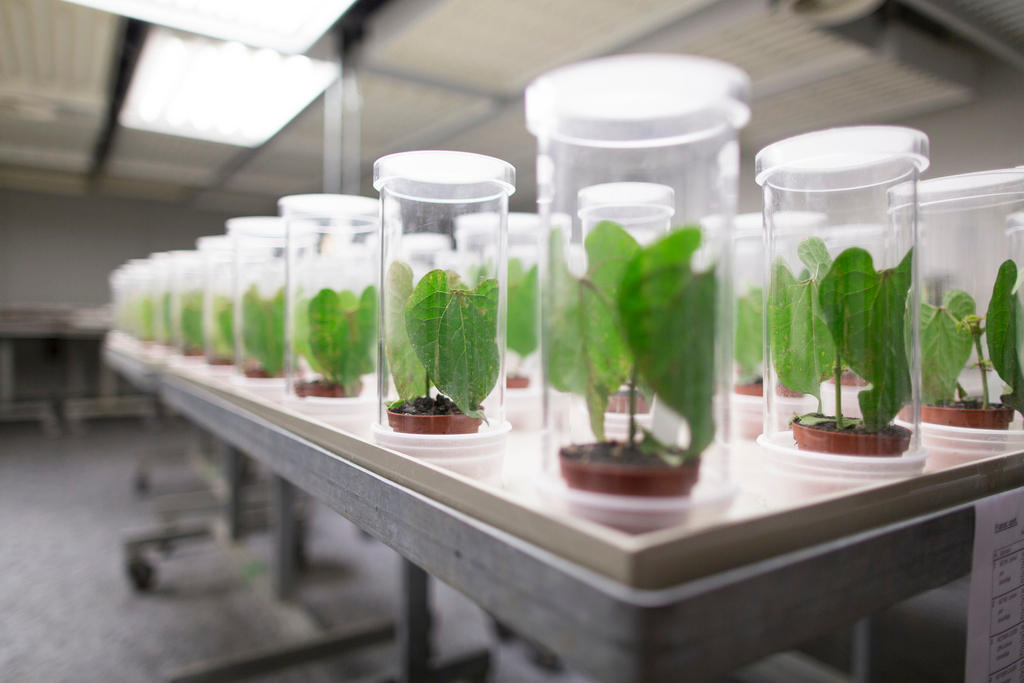
You can find an overview of ongoing debates with our journalists here . Please join us!
If you want to start a conversation about a topic raised in this article or want to report factual errors, email us at english@swissinfo.ch.